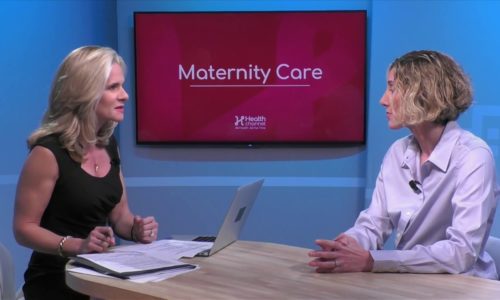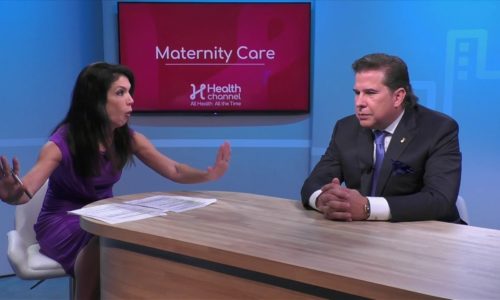Symptoms of Placenta Previa |
Painless vaginal bleeding is the most common symptom of placenta previa. Dr. Robert Feldman, Chief and Medical Director of Obstetrics and Gynecology with Baptist Health South Florida, talks about why most women don’t know they have a placenta previa, until they find it on ultrasound.
Transcript
The symptoms associated with the centerpiece so typically most women don’t know they have a placenta praevia until they find it on ultrasound the most common symptom with a placenta praevia is painless vaginal bleeding so often a woman in the second or third trimester will come in with painless vaginal bleeding we’ll do an ultrasound and at the time of the ultrasound will diagnose the placenta praevia and sometimes this can be a little scary because they might think there’s something going on with the pregnancy is this a sign of a miscarriage but it’s not always the case correct so very often it’s it’s self limited it will just occur you’ll have a small amount of bleeding it will resolve but if you have a placenta previa you’re a very high risk of having recurrent bleeding during the course of the pregnancy you’re at a very high risk of having a premature delivery because of complications and continue bleeding now based on what these information does that immediately mean bed rest for the rest of the pregnancy how are things adapted and it varies I think it’s an individual decision it all depends on how you’re doing so for the first episode it’s a small amount of bleeding we tell you pelvic rest no relations with your partner no no vigorous exercising you know you can go out to dinner you can go do your daily chores if you have significantly more bleeding then we will put you on bed rest or if you’ve had several episodes of bleeding we will put you on bed rest for the remainder of the parent pregnancy you.








